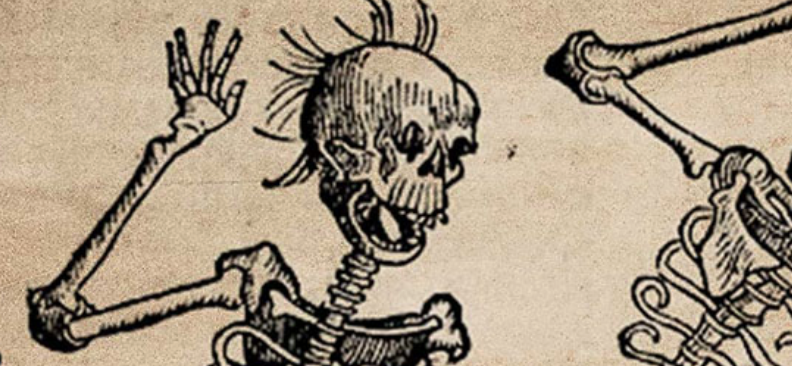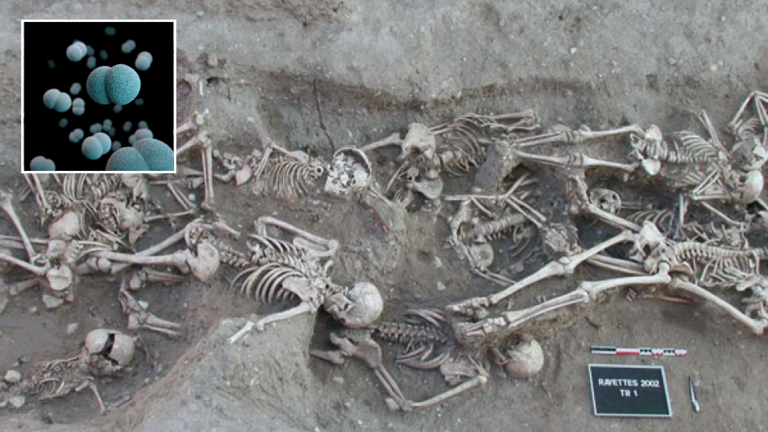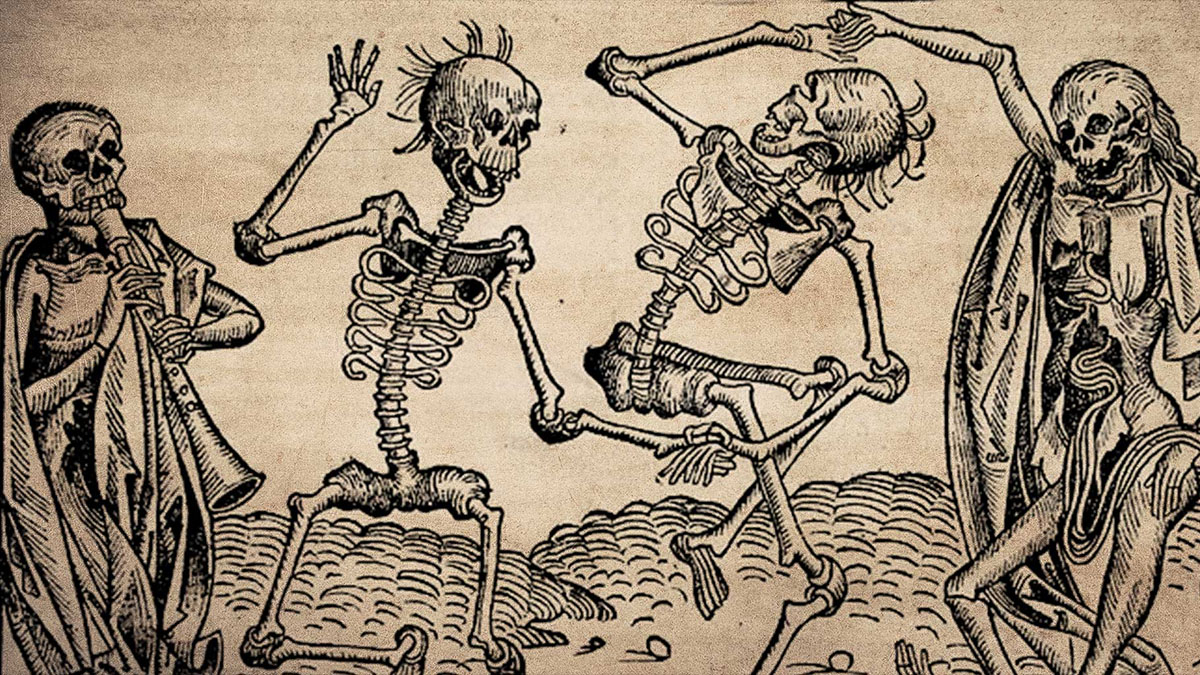The Bubonic Plague was a bacterial infection.
It was a real plague.
The coronavirus is a fake virus.
It is a fake plague.
RT:
An ancient skull found by a river in modern-day Latvia may well hold clues as to how the bubonic plague wiped out tens of millions of people across Europe in what would eventually become the deadliest pandemic in human history.
Researchers from Kiel University in Germany revealed on Wednesday that a strain of the bacterium, known as Yersina pestis, dating back millenia, had been discovered in samples taken from the remains of a hunter gatherer in the Baltic nation. As part of a paper published in the Cell scientific journal, they say the man, estimated to have been in his 20s, lived around 5,000 years ago.
In a revelation that could have implications for the understanding of current and future pandemics, the academics say that this early variant was likely less infectious and deadly than the one that ravaged Eurasia thousands of years later. The Black Death, spread by rats and fleas, is estimated to have killed between 75 and 200 million people from 1347 to 1351.
In a catastrophe of almost unimaginable proportions, the Great Pestilence, as it is sometimes known, is thought to have wiped out 30-50% of Europe’s entire population.
Ben Krause-Kyora, one of the team behind the findings, told New Scientist magazine that the bacterium might have started off as a more benign infection, before evolving to become more deadly. “It was maybe a more chronic, more omnipresent infection. It caused, for sure, some deaths, but it’s maybe not as severe as it became in the Middle Ages,” he said.
However, high concentrations of bacteria isolated from the fragment of skull suggest, the researchers say, that the Latvian prehistoric man was one of the unlucky ones. “To have a close look at the early evolution of this deadly pathogen is really interesting,” Krause-Kyora added. “We see it was more chronic and harmless in the beginning before it became a more deadly disease.”
This hypothesis is contested though, with groups at other universities saying there isn’t yet sufficient evidence to understand whether the the first infections were more survivable.
We have not had a real plague since that plague, and it was spread by rats.
It is not really possible for a respiratory infection to spread on any kind of serious scale, because sick people stay home because they are tired and want to stay in bed.
You do not need lockdowns, masks or vaccines – it’s all nonsense.
The entire coronavirus narrative is a gigantic hoax.


